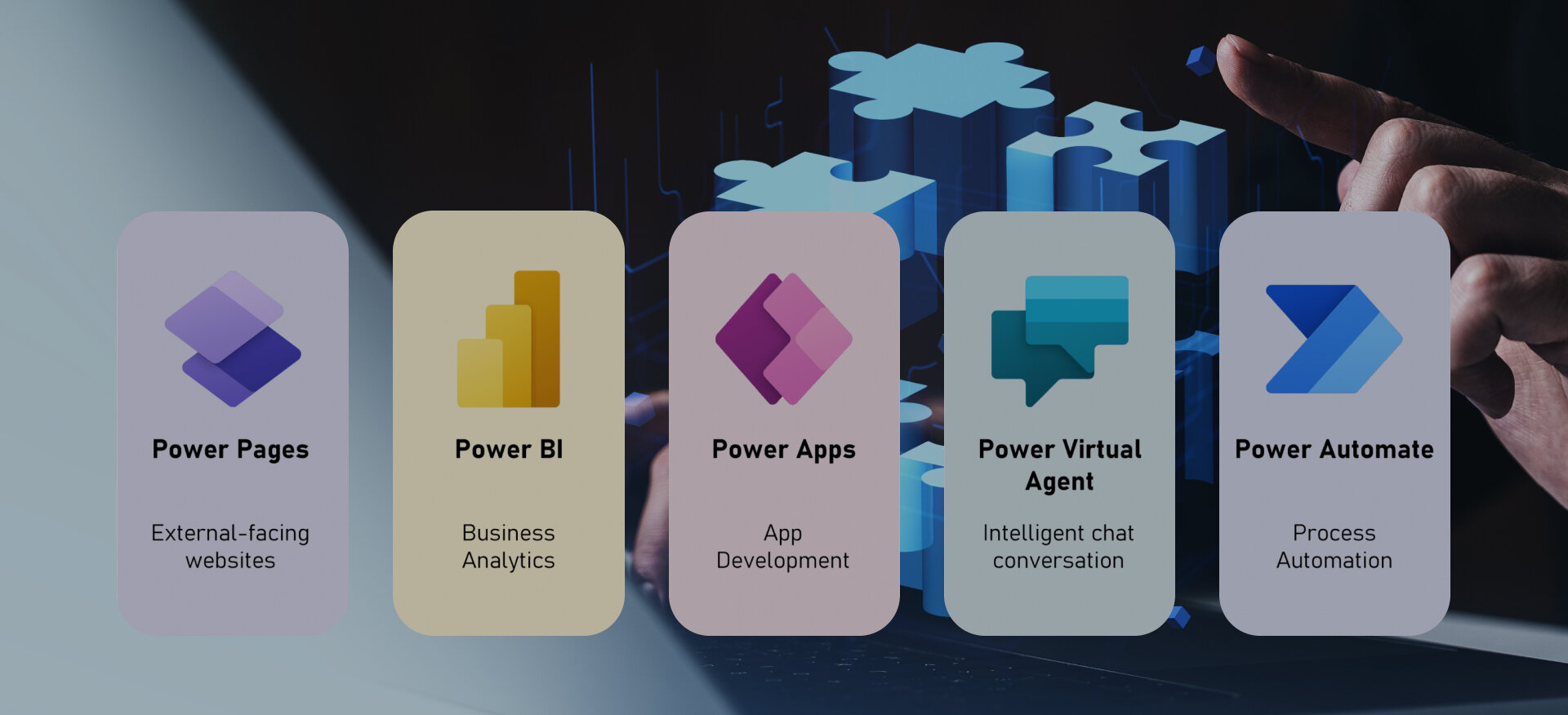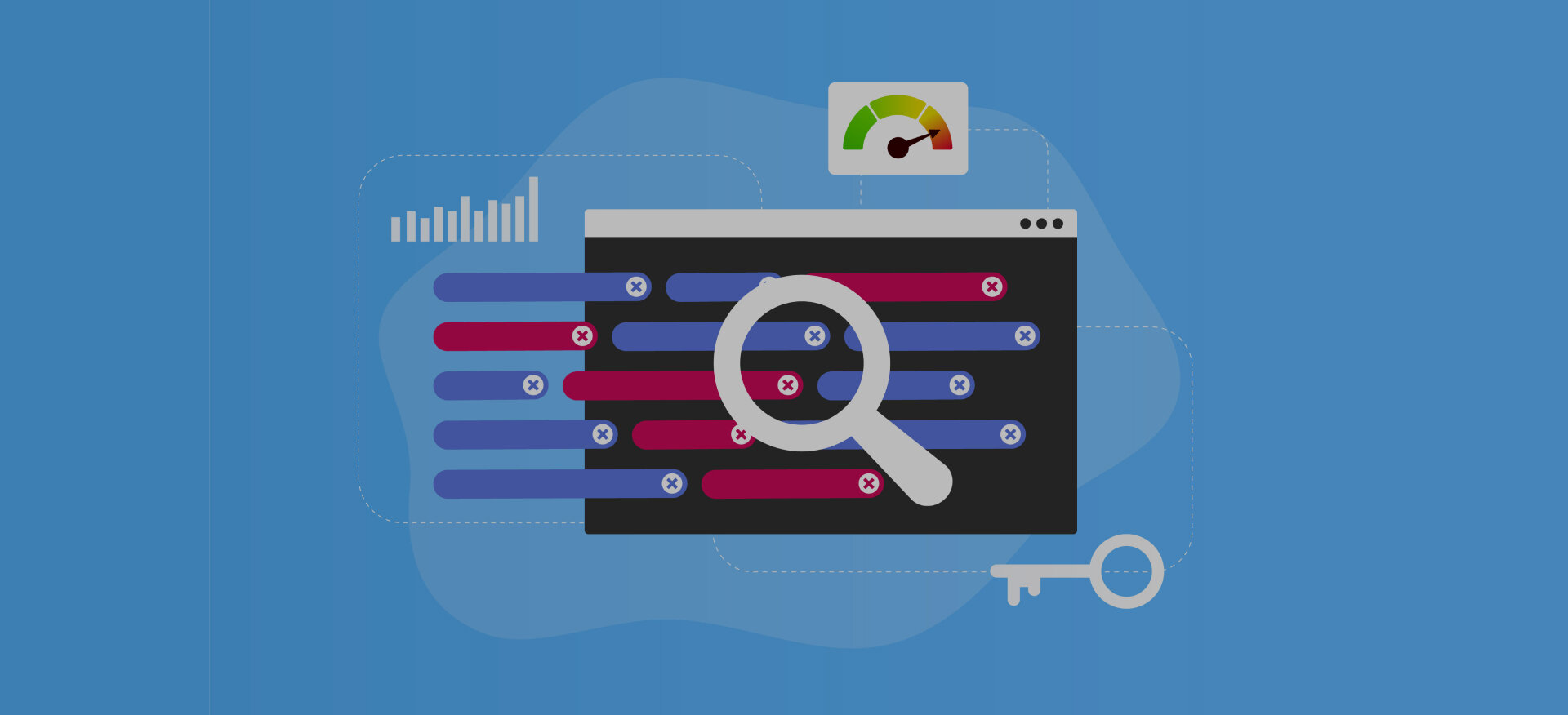If you’re considering launching an online business, you’ve likely come across Shopify as one of the top eCommerce platforms.
With millions of active merchants and a global presence, Shopify has become a go-to choice for entrepreneurs and established businesses alike. But is Shopify legit? Can you really build a successful online store using this platform, and is Shopify reliable?
These are important questions, especially for anyone investing time and money into an eCommerce business. With so many online platforms available, it’s crucial to ensure you’re choosing a secure, reliable, and effective solution that will help you grow your business without unexpected setbacks.
In this in-depth guide, we’ll review everything you need to know about Shopify, its legitimacy, security features, pricing, real user reviews, and more. We’ll also address concerns like is Shopify a scam and are Shopify stores are legit. By the end, you’ll have a clear understanding of whether Shopify is the right choice for your online business.
What is Shopify? A Brief Overview
Shopify is one of the most widely used eCommerce platforms in the world, designed to help individuals and businesses create, manage, and grow online stores.
Since its launch in 2006, Shopify has evolved into a comprehensive all-in-one solution that caters to merchants of all sizes, from solo entrepreneurs to major brands. Today, it powers over 4.5 million businesses in 175 countries, generating billions of dollars in global sales annually.
With Shopify, users can:
- Build a fully functional online store without coding knowledge
- Sell products across multiple channels, including websites, social media, and physical stores
- Manage inventory, track orders, and streamline payment processing
- Automate marketing and SEO strategies to increase visibility and drive traffic
- Integrate with thousands of third-party apps for additional functionalities
Shopify’s scalability makes it ideal for small businesses, medium-sized enterprises, and large brands alike. Its success is largely due to its ease of use, robust features, and extensive ecosystem of apps, themes, and plugins.
Whether you're launching a new store or transitioning from another platform, Shopify provides all the tools needed to run a successful online business. My Shopify review from users often highlights its user-friendly interface and reliable performance.
How Shopify Works: The Basics of the Platform
Shopify operates as a cloud-based, SaaS (Software as a Service) platform, meaning users don’t have to install any software or maintain hosting. Instead, Shopify takes care of all technical aspects, allowing store owners to focus on their business.

Setting up a store on Shopify involves:
- Signing Up for a Shopify Account: Users can create an account and start a free trial to explore the platform before committing to a plan.
- Choosing a Store Name & Domain: Shopify offers free subdomains (e.g., yourstore.shopify.com) but also allows users to purchase custom domains.
- Selecting a Theme & Customizing the Store: Shopify offers free and premium themes that can be customized with branding, colors, and layout modifications.
- Adding Products & Setting Prices: Merchants can upload product descriptions, images, prices, and inventory details.
- Configuring Payment Gateways: Shopify provides its own payment processor, Shopify Payments, but also integrates with third-party options like PayPal, Stripe, and Authorize.net.
- Optimizing Store Settings: Users can set up shipping rules, tax settings, and checkout preferences to ensure smooth transactions.
- Launching the Store & Marketing It: Once the store is live, Shopify offers SEO tools, email marketing, and digital marketing integrations to drive sales. Merchants can also utilize affordable SEO services for small business to improve their online visibility and attract more customers.
Shopify makes launching an eCommerce business seamless, even for beginners with no prior technical knowledge.
Explore Our Digital Marketing Services!
What Can You Sell on Shopify?
One of the reasons Shopify is so popular is its flexibility in selling different types of products. Whether you’re offering physical goods, digital downloads, or subscription-based products, Shopify has built-in support for various business models.
Merchants can sell:
- Physical Products: Clothing, accessories, electronics, home decor, beauty products, etc.
- Digital Products: eBooks, music, online courses, software, or printables.
- Services & Consultations: Coaching, event planning, or online classes.
- Dropshipping Products: Merchants can sell without holding inventory by integrating with dropshipping suppliers like AliExpress, Oberlo, and Spocket.
- Subscription-Based Products: Recurring revenue businesses can set up monthly boxes, memberships, or software subscriptions.
Because Shopify supports multiple business models, entrepreneurs can tailor the platform to fit their needs. Whether you’re starting a clothing brand, launching an art store, or selling handmade goods, Shopify provides all the necessary tools to succeed. For businesses looking to enhance their Shopify store's functionality, Web Design and Development services can help customize your site for a better user experience and improved sales conversion.
Shopify’s Global Popularity & Market Share
Shopify isn’t just a small player in the eCommerce space; it’s a dominant force in online retail.
- Over $500 billion in total sales have been processed through Shopify-powered stores.
- Shopify holds 10% of the global eCommerce platform market share, making it one of the most widely used platforms alongside WooCommerce and Magento.
- More than 2 million daily active users engage with Shopify stores.
- Top brands like Gymshark, Tesla, Red Bull, Kylie Cosmetics, and Allbirds use Shopify to power their online stores.
These numbers reflect Shopify’s legitimacy and reliability as an eCommerce solution, reinforcing the fact that millions of merchants trust it for their businesses. For businesses looking to enhance their Shopify experience, integrating application development services can offer custom solutions that cater to unique business needs, improving functionality and user experience.
Why Shopify Stands Out Among eCommerce Platforms?
Shopify competes with several eCommerce platforms, including WooCommerce, Magento, BigCommerce, and Wix. What sets Shopify apart is its combination of ease of use, security, and scalability.
For example, Shopify vs WordPress often comes up when comparing fully integrated eCommerce solutions like Shopify with WordPress-based platforms that require additional plugins like WooCommerce.
Here are the key advantages of Shopify over other platforms:
- No Coding Required: Unlike Magento, which requires technical expertise, Shopify is beginner-friendly and doesn’t require coding.
- Built-in Hosting & Security: Unlike WooCommerce, which requires separate hosting, Shopify offers fully managed hosting with 99.99% uptime and SSL encryption.
- Scalability: Shopify’s infrastructure supports both small businesses and enterprise-level brands, allowing businesses to grow without switching platforms.
- Multi-Channel Selling: Shopify enables merchants to sell across multiple channels, including Facebook, Instagram, Amazon, eBay, and in-person retail stores.
- Extensive App Store: Shopify has over 8,000 apps that provide additional features such as automation, analytics, and advanced marketing tools.
These strengths make Shopify one of the most preferred choices for entrepreneurs, dropshippers, and established brands alike, answering is Shopify.com legit with a clear yes.
Is Shopify the Right eCommerce Platform for You?
If you’re an entrepreneur looking for a legitimate, scalable, and feature-rich eCommerce solution, Shopify is a great choice. It has a proven track record, strong security measures, and a thriving merchant community that makes it a top contender in the industry.
However, Shopify might not be ideal for everyone. Businesses with unique customization needs or those who want to avoid monthly subscription fees might consider alternatives like WooCommerce (for WordPress users) or Magento (for large enterprises requiring more control).
Overall, Shopify legit status is well-earned, making it a trustworthy platform that simplifies eCommerce for beginners and experts alike. Whether you want to start a small online shop or scale a multi-million-dollar business, Shopify has everything you need to succeed.
Is Shopify Legit? Examining Its Credibility
When evaluating any online platform, legitimacy is determined by factors such as company reputation, security measures, customer satisfaction, and business transparency. Shopify excels in all these areas, addressing concerns like how safe is Shopify and is Shopify reliable.
1. A Proven Track Record in eCommerce
Shopify has been around for nearly two decades and has consistently ranked as one of the best eCommerce platforms. Unlike many fly-by-night companies, Shopify has a solid history of growth, innovation, and customer trust.
Big brands such as Gymshark, Tesla, Red Bull, and Kylie Cosmetics operate on Shopify, proving that the platform is trusted by successful businesses worldwide.
2. Security and Compliance Measures
One of the biggest concerns for online business owners is security, and Shopify addresses is Shopify safe with robust measures. Shopify is PCI DSS Level 1 Compliant, meaning it follows the highest security standards for handling payment information.
Shopify provides:
- SSL Encryption to protect customer data
- Fraud analysis tools to prevent scams and chargebacks
- Secure payment gateways, including Shopify Payments, PayPal, and Stripe
These features ensure that merchants and customers can safely conduct transactions without worrying about data breaches.
3. Transparent Pricing with No Hidden Fees
Unlike some platforms that lure users in with “free” plans only to bombard them with hidden charges, Shopify’s pricing structure is clear and straightforward.
The platform offers different plans, starting from:
- Basic Shopify - $39/month
- Shopify - $105/month
- Advanced Shopify - $399/month
There are also Shopify Plus plans for enterprise-level businesses, as well as Shopify Starter for small sellers. The pricing includes essential features, and while additional paid apps can be used, they are optional rather than mandatory.
4. Real User Reviews and Testimonials
Shopify has a strong reputation backed by thousands of positive reviews across platforms like Trustpilot, G2, and Capterra. Most users highlight its ease of use, scalability, and powerful integrations as major advantages.
However, some users mention high transaction fees for third-party payment providers and the need for paid apps to unlock advanced features. These are valid concerns, but do not compromise Shopify’s legitimacy.
3 Common Shopify Scams and How to Avoid Them
While Shopify legit status is clear, individual stores can be vulnerable to scams. Here are common scams to watch for in 2025, along with tips to avoid them:
1. Does Shopify Guarantee Success?
No platform can guarantee that your business will succeed. Shopify provides the tools and infrastructure to build an online store, but success depends on product quality, marketing efforts, and business strategy.
2. Are There Hidden Fees?
Shopify clearly outlines its costs, including subscription fees and payment processing charges. Additional expenses arise from premium themes, third-party apps, or external payment gateways—but these are optional.
3. Do Shopify Stores Get Shut Down?
Shopify has policies against selling counterfeit products, illegal items, and violating its terms of service. If a store is shut down, it’s usually due to non-compliance. As long as merchants follow Shopify’s rules, they won’t face issues.
How to Spot a Legitimate Shopify Store?
To address are Shopify stores legit, here are practical tips for buyers to identify trustworthy stores:
-
Check Reviews: Look for genuine customer feedback on platforms like Trustpilot or the store’s website. Stores with consistent, detailed reviews are more reliable.
-
Verify Contact Information: Legitimate stores provide clear contact details, such as email, phone, or a physical address.
-
Assess Website Quality: Professional design, clear product descriptions, and secure checkout (https://) indicate legitimacy.
-
Review Policies: Transparent return, refund, and shipping policies are signs of a trustworthy store.
For example, a 2025 case study showed a buyer avoiding a scam by noticing a Shopify store lacked contact details and had no reviews, prompting them to shop elsewhere.
Pros and Cons of Shopify
To address is Shopify legit and provide a clear comparison, here’s a table summarizing the advantages and disadvantages of using Shopify:
|
Aspect |
Pros |
Cons |
|
Ease of Use |
No coding skills needed to set up a professional online store. |
Certain design elements require coding (Liquid) for advanced customization. |
|
Scalability |
Works for small businesses, dropshipping stores, and enterprise brands with e-commerce SEO services to boost visibility. |
Some advanced features require paid apps, increasing costs. |
|
Security |
PCI DSS compliance, fraud prevention, and SSL encryption ensure is Shopify safe. |
Additional transaction fees (1-2% per transaction) apply when using third-party payment gateways. |
|
Integrations |
Connects with Amazon, Facebook, Instagram, and Google for multi-channel selling. |
N/A |
|
Support |
24/7 customer service via chat, email, and phone, reinforcing is Shopify reliable. |
N/A |
This table highlights why Shopify is a trusted platform while addressing potential drawbacks, helping users decide if it’s the right choice.
Should You Use Shopify for Your eCommerce Business?
The final verdict—Yes, Shopify is legit!
Shopify remains one of the most trusted and widely used eCommerce platforms in the world. Whether you’re a beginner launching your first store or an established brand looking to scale, Shopify provides all the necessary tools and security features to run a successful online business.
While it’s not perfect, its advantages far outweigh the drawbacks. With the right strategy, Shopify can help entrepreneurs build and grow profitable eCommerce businesses.
FAQs
Is it safe to purchase from Shopify?
Yes, Shopify offers secure checkout and fraud protection. Always ensure the store you're buying from is reputable.
What is the biggest problem with Shopify?
Shopify's transaction fees can be high, especially with external payment gateways. Customization may require developer assistance.
Will Shopify refund me if I got scammed?
Shopify doesn’t directly refund scams, but chargeback protection is available for purchases via Shopify Payments. Contact the store for resolution.
Can we trust Shopify?
Shopify is a trusted platform with strong security measures. Trust depends on the individual store, so always check its credibility.
Final Verdict
The question was , is Shopify legit ? Yes, Shopify is a legitimate and highly trusted eCommerce platform that powers millions of businesses worldwide. Its strong security measures, scalability, and user-friendly interface make it an excellent choice for entrepreneurs and established brands alike.
Whether you’re starting a small online shop or expanding a large-scale retail business, Shopify offers the necessary tools to launch, manage, and grow an online store effectively.
While there are some downsides, such as transaction fees for third-party payment gateways and reliance on paid apps for advanced features, these don’t diminish Shopify’s overall reliability and performance.
The platform’s transparent pricing, comprehensive support, and robust integrations ensure that merchants have everything they need to succeed.
If you’re looking for an all-in-one eCommerce solution that provides security, flexibility, and growth potential, Shopify is a top choice.









